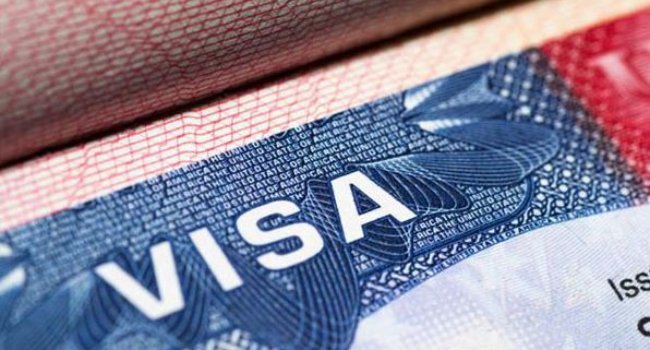The United Kingdom has announced a sweeping immigration reform, targeting a significant reduction in net migration. Unveiled on July 1, 2025, these changes, part of the new Immigration White Paper, aim to reset the system.
Home Secretary Yvette Cooper described the reforms as “a complete reset” for UK immigration policy. Set to take effect on July 22, 2025, pending parliamentary approval, the measures prioritize border control, asylum processing, and domestic workforce development.
Skilled Worker Visa Route Faces Major Cuts
A cornerstone of the reform is the removal of 111 occupations from the Skilled Worker visa route. These roles, previously on the Shortage Occupation List, once benefited from relaxed salary requirements and simplified visa processes.
The government’s decision aims to reduce reliance on overseas labour and bolster local skills training. This shift will reshape how employers access global talent for skilled worker roles.
Social Care Visa Route Closes to New Applicants
The care worker visa route will close to new overseas applicants starting July 22, 2025. Existing care workers in the UK will benefit from transitional arrangements, but new applications will be blocked.
This change will significantly impact the health and social care sectors, which have long depended on foreign workers to address staffing shortages. Employers in these fields must now pivot to domestic recruitment strategies.
Temporary Shortage List Replaces Old Framework
The traditional Shortage Occupation List will be replaced by a Temporary Shortage List through 2026. Only roles critical to national interests, such as those in infrastructure, health, or strategic industries, will qualify.
Employers using this list must develop clear plans to upskill UK workers or risk losing access to international hires. The Migration Advisory Committee (MAC) will review pay, benefits, and shortage roles later in 2025 to finalize the list’s structure.
Stricter Conditions for Temporary Shortage List Workers
Workers under the Temporary Shortage List will face stringent conditions, including a ban on bringing dependents. Visa fee discounts and salary concessions will also be eliminated.
Eligibility will be limited to roles approved by the MAC, ensuring alignment with national priorities. These measures aim to discourage over-reliance on temporary foreign labour.
Broader Immigration Reforms on the Horizon
Additional changes expected in the coming months include an increased Immigration Skills Charge for employers. Tighter English language requirements will also apply across various visa categories.
A new family migration framework is in development, likely affecting spouse and partner visa routes. These reforms are part of a broader effort to address the quadrupling of net migration over the past four years.
Who Will Feel the Impact?
The reforms will affect foreign skilled workers seeking UK employment and employers reliant on international recruitment. Care providers, recruiters managing visa sponsorships, and family members of skilled migrants will also face challenges.
Businesses in sectors like care and construction may struggle to fill vacancies in the short term. The government argues these changes are essential for long-term sustainability and domestic workforce growth.
Action Steps for Employers and Migrants
With implementation looming, employers should review their visa sponsorship plans immediately. Identifying UK-based training opportunities can help reduce dependence on international hires.
Migrants and employers must stay informed about the MAC’s shortage list review. Preparing for stricter language tests and financial requirements is also critical.
A New Era for UK Immigration Policy
The UK’s immigration overhaul reflects a clear shift toward prioritizing domestic skills and reducing low-wage foreign labour. While this aims to create a sustainable workforce, industries like care and construction may face immediate challenges.
Travellers, workers, and employers should consult immigration experts and monitor updates to navigate these transformative changes. The government’s focus on control and order signals a new chapter in UK immigration policy.

























